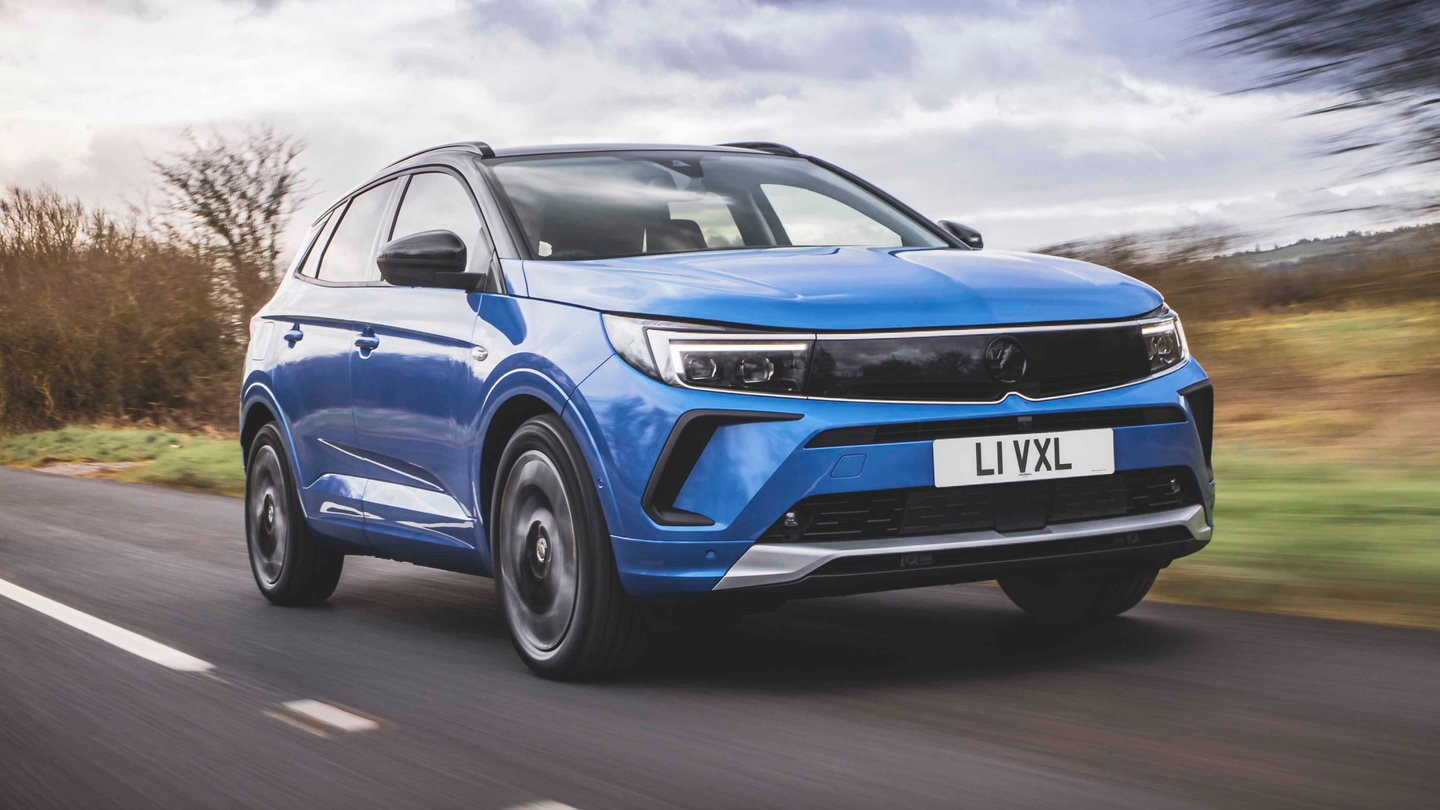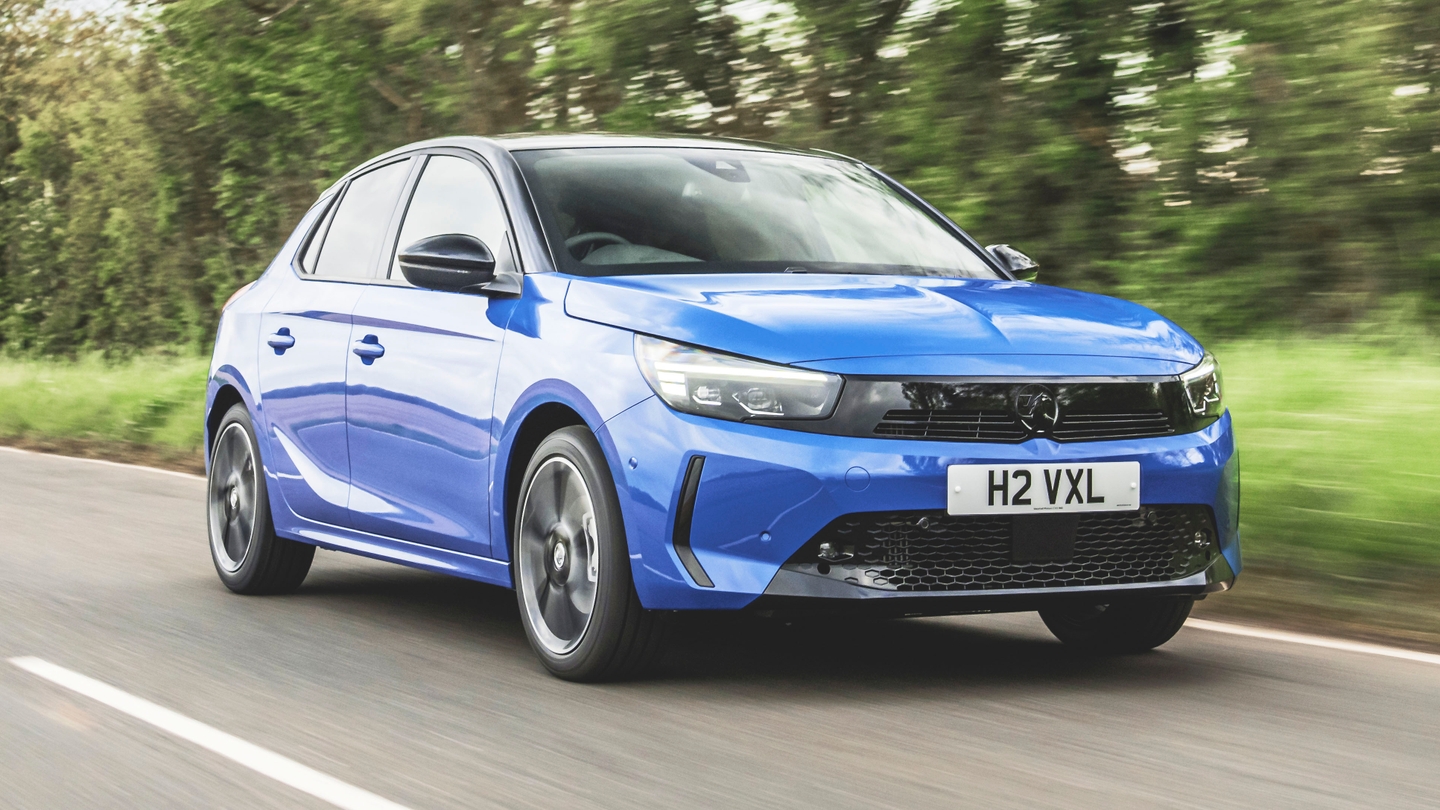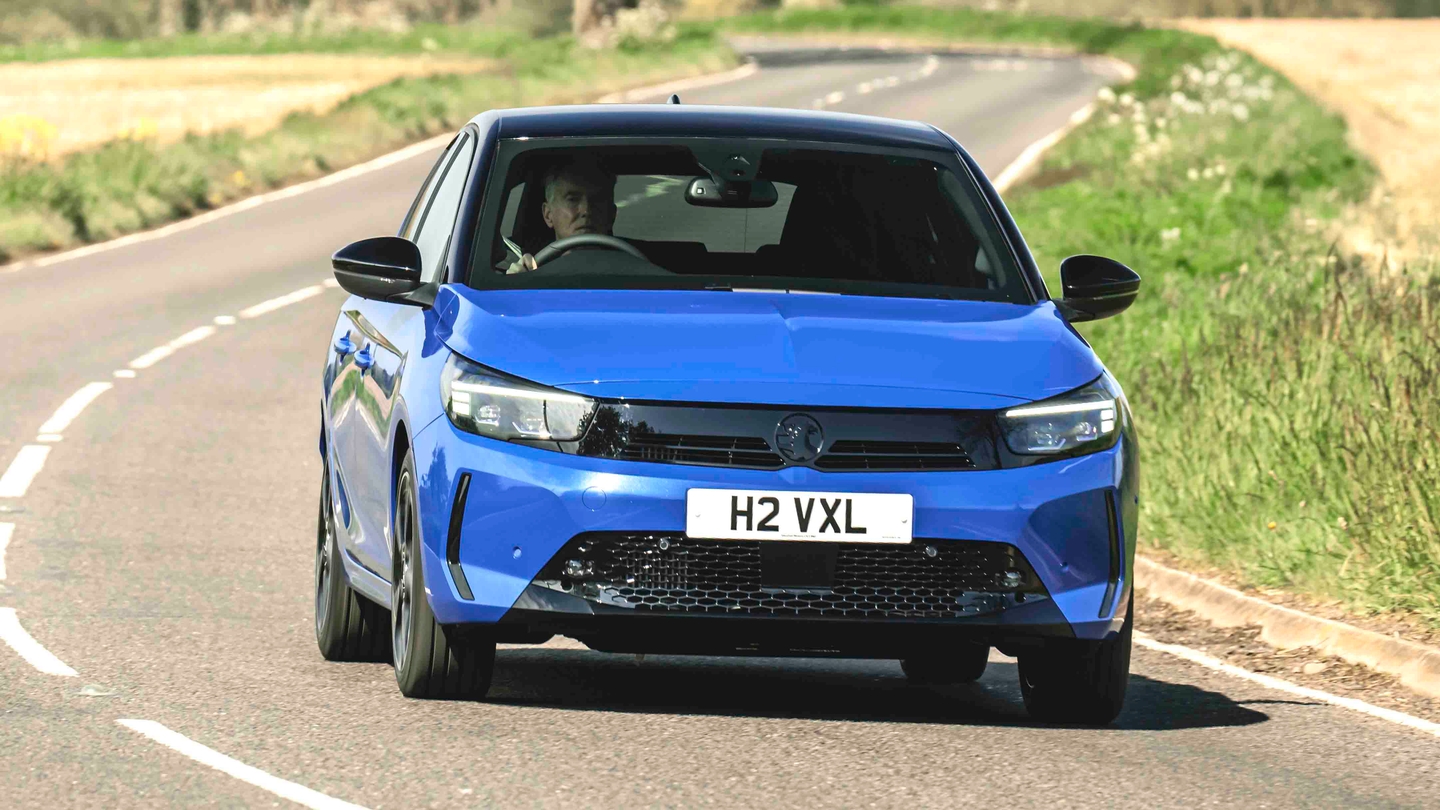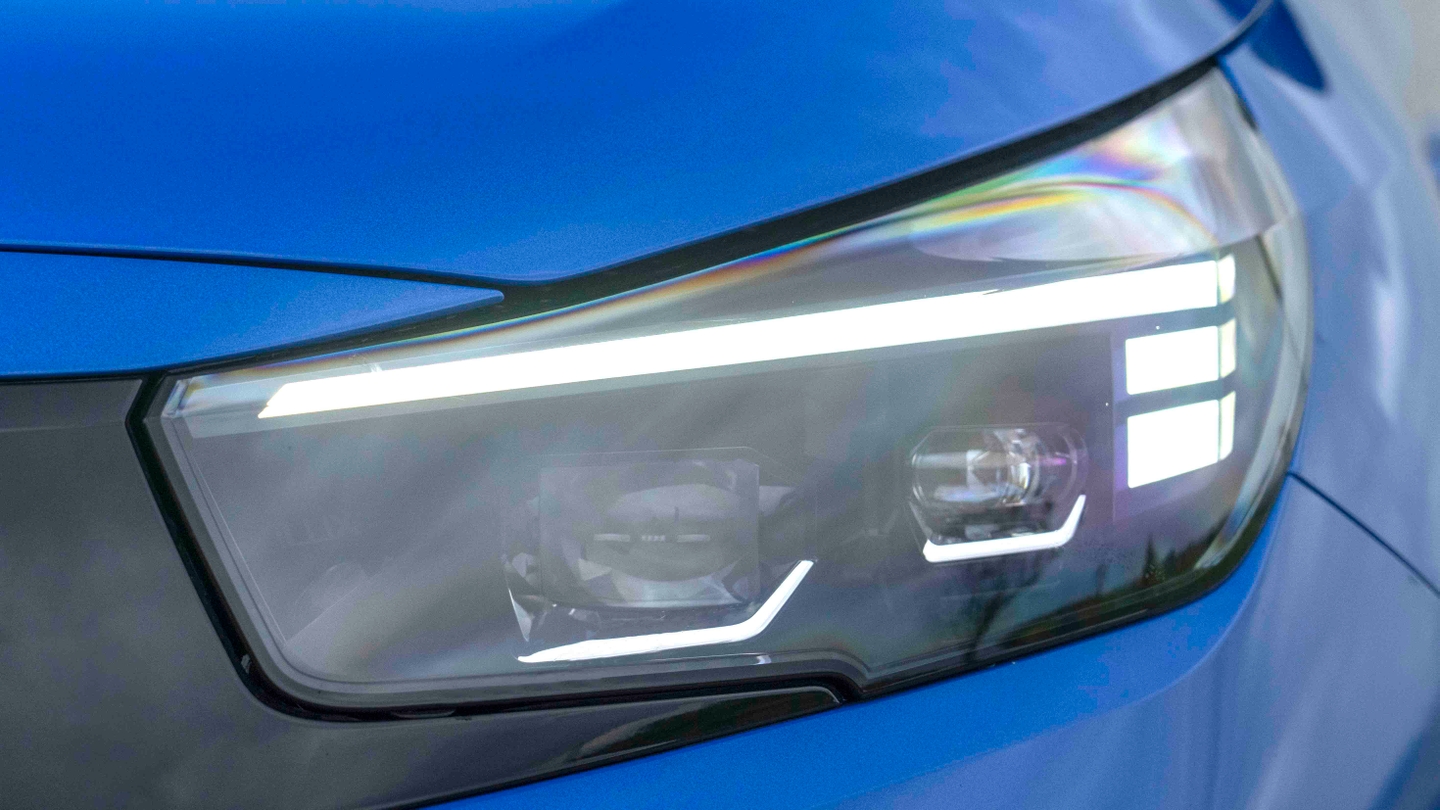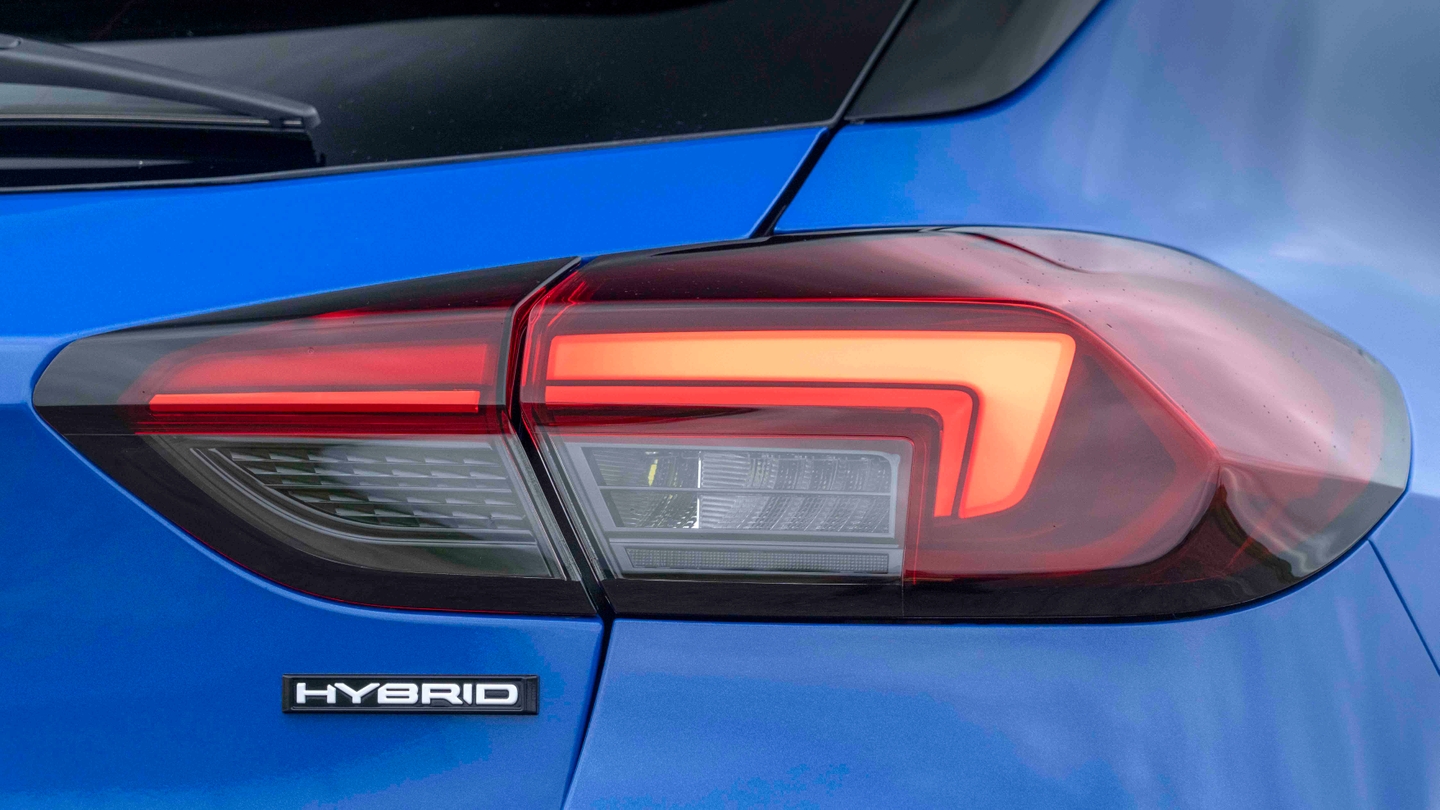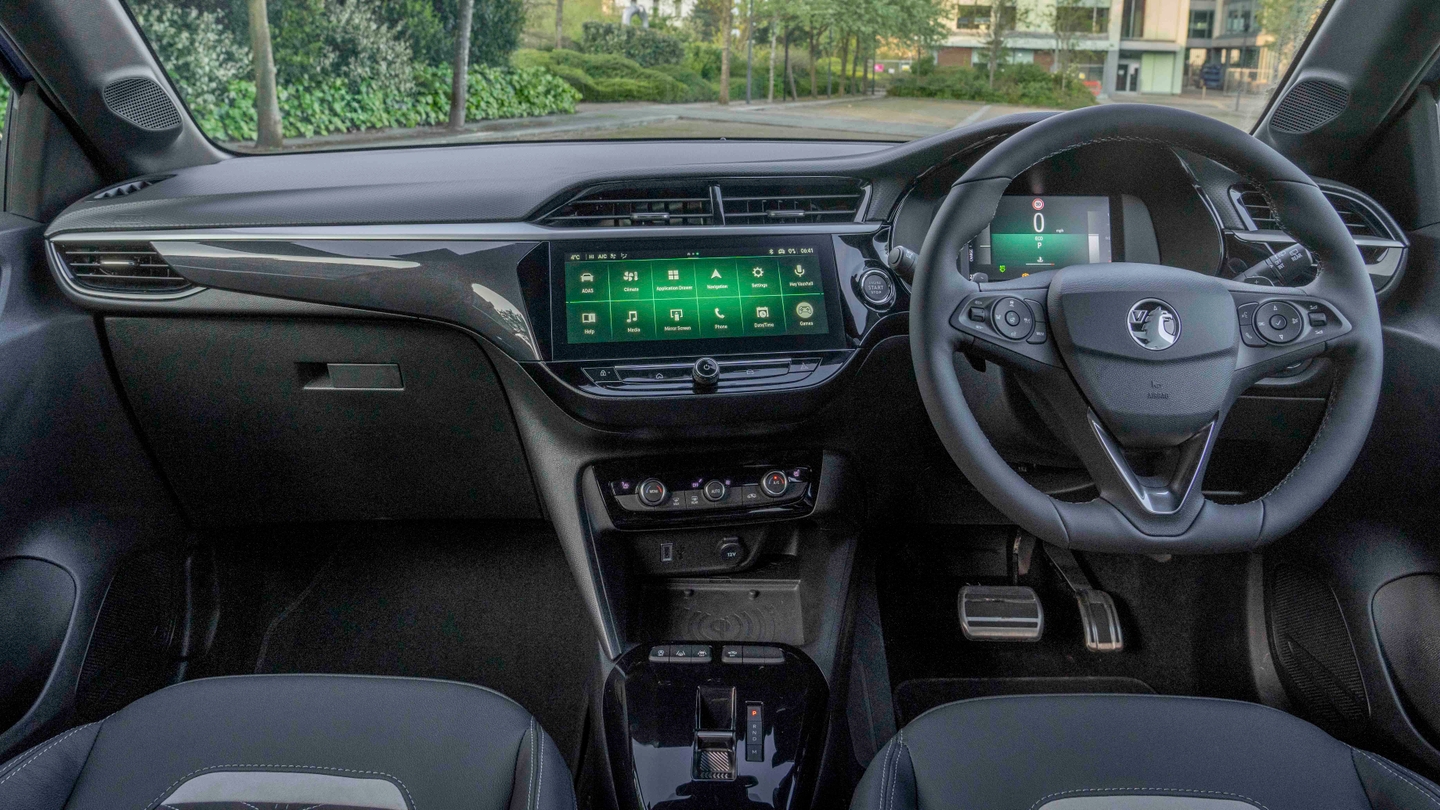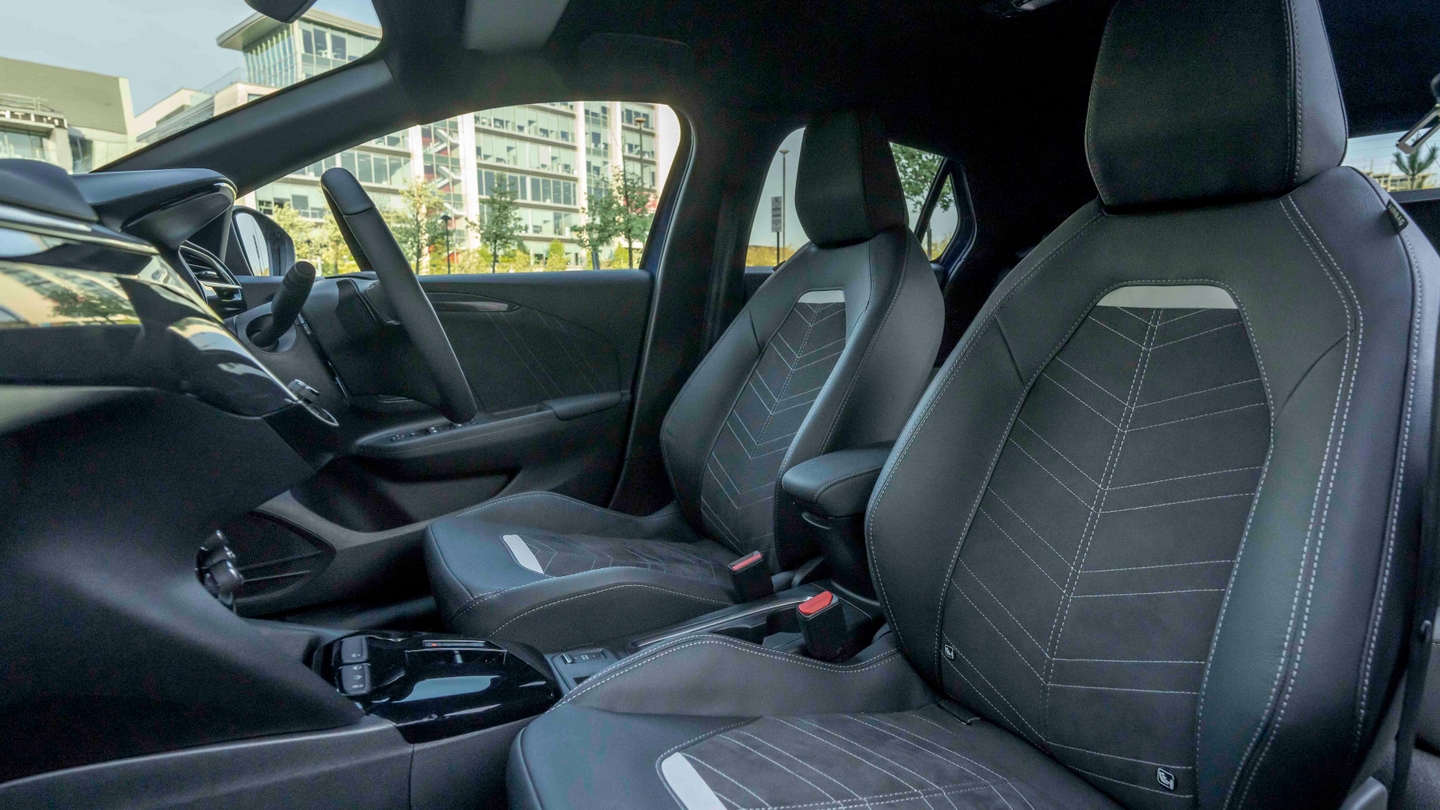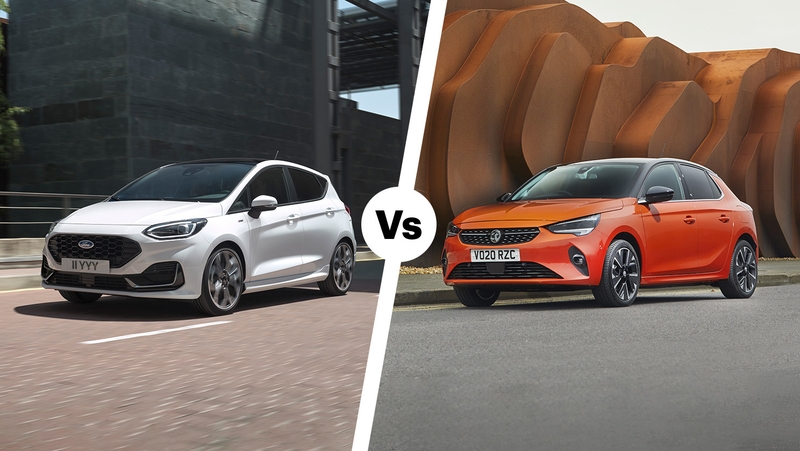
Vauxhall Corsa engines, driving and performance
Gallery
How does the Vauxhall Corsa drive?
In the past, when comparing the Corsa to its arch rival, the Ford Fiesta, the driving experience always went in the Ford’s favour. That’s still the case to an extent – the Ford feels a fraction more composed than the Corsa and its control weights feel a little more natural – but the difference is very minimal.
On the road, the overriding impression you get from the Corsa is that the car focuses on being easy to drive. The steering, gear shifter and clutch are all light, reducing strain on long drives, while being accurate enough that the car responds faithfully to your directions. There’s little here to excite keen drivers, however, and the mechanically related Peugeot 208 is a little more comfortable over rough road surfaces.
Is the Vauxhall Corsa comfortable?
For the most part, yes. The Corsa is able to cope with the worst of the UK’s road surfaces, only allowing the most serious potholes or speedbumps to jerk passengers around.
Similarly, the Fiesta is generally a little firmer than the Corsa, but is still ever-so-slightly more composed and refined on the move. You get a little more wind and tyre noise in the Corsa than the best in class.
What’s the best Vauxhall Corsa engine to get?

The answer here will depend on what kind of buyer you are and the type of driving you plan to do. The 75hp 1.2-litre petrol is a good choice if you’re a first-time or younger driver thanks to its fairly low insurance groups, and it’s adequate if you’re mainly going to be driving around town. It does feel a bit sluggish on the motorway or during fast A-road overtakes, however, so we’d recommend one of the turbo options if you already have a few years no-claims bonus under your belt.
Vauxhall offers two 1.2-litre turbo petrol engines – a 100hp version with a choice of six-speed manual or eight-speed automatic gearbox, and an upgraded 130hp version that’s automatic only. Both feel quite punchy in this compact car and are noticeably faster than the equivalent 1.0-litre EcoBoost engines used in the Fiesta.
Our favourite is actually the 100hp version. There’s already plenty of power available to make motorway driving effortless, and the eight-speed gearbox that’s standard on the more potent 130hp engine can be a little jerky at times, making the manual 100hp engine the pick of the range.
All petrol engine options are easily capable of more than 45mpg, while the 1.5-litre diesel engine with its 60+mpg figure has been replaced by a couple of hybrid versions of the petrol engine. These’ll get around 60mpg around town, where more buyers are most likely to drive.
The Corsa Electric gets a 100kW (134hp) electric motor and a 50kWh battery pack, or 156hp and 51kWh. This combo gives it even better acceleration than the 130hp petrol engine and, if you avoid indulging in the instant torque, can return more than 220 miles on a charge. The newer 51kWh battery ups that to 252 miles. Expect to see 180-200 miles from a charge in real-world driving.
Vauxhall Corsa Performance

We’re not going to pretend that any of the Corsa’s engine options are fast, but the turbo petrols feel impressively punchy. That’s especially obvious if you try one out after driving the equivalent EcoBoost petrol in a Fiesta – across the board, the Vauxhall’s engines are quicker and feel more responsive.
The non-turbo 1.2-litre Corsa covers the benchmark 0-62mph run in 13.2 seconds – that’s fairly sluggish and means you’ll need to make liberal use of the lower gears to get up to motorway speeds. It is, however, still faster than the gutless 1.1-litre non-turbo engine in the Fiesta, as well as the entry-level engine in the Volkswagen Polo.
Jumping into the 100hp turbo version drops the 0-62mph time down to 9.9 seconds, comfortably outpacing Ford’s 100hp EcoBoost engine. The 0-62mph sprint is cut to 8.2 seconds in the 130hp model, while the Corsa Electric matches that figure but feels faster with all the lovely instant torque. That kind of performance would’ve been considered hot-hatch fast just a few years ago.




